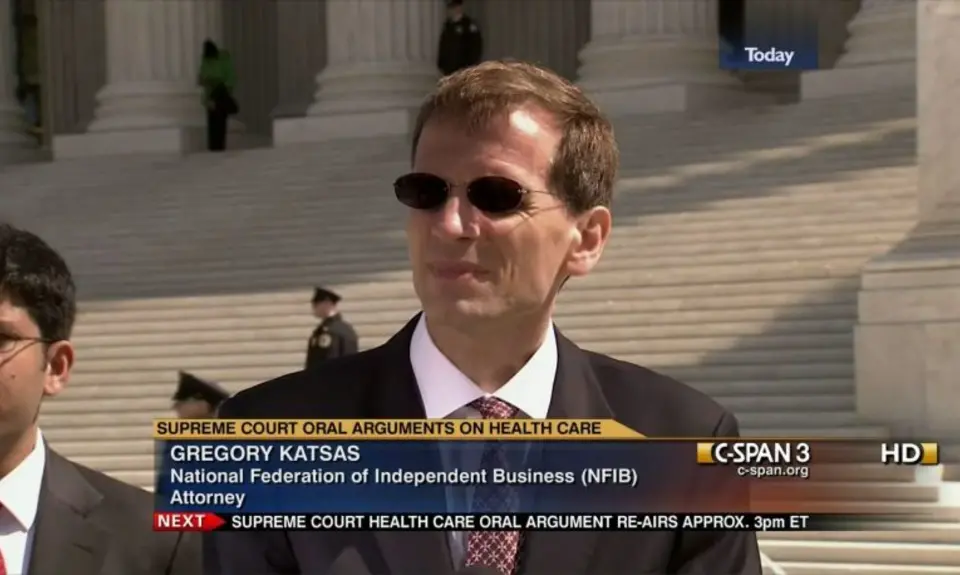The Senate is expected to vote today on the nomination of one of President Trump’s White House attorneys to a lifetime seat on a powerful federal appeals court.
Greg Katsas, whom Trump has nominated to a seat on the U.S. Court of Appeals for the D.C. Circuit, which considers many federal policy issues, is currently serving as deputy White House counsel. There, he has advised Trump on many of his most troubling and controversial decisions. As People For the American Way’s Paul Gordon wrote, at his confirmation hearing Katsas “revealed that he has given legal advice to help President Trump on”:
- Robert Mueller’s criminal investigation of the Trump campaign;
- the Muslim ban;
- the sham voter suppression commission;
- presidential conflicts of interest and the Emoluments Clause;
- the elimination of DACA;
- DOJ’s “guidance” empowering those who would use the claim of religious liberty to deny others of their legal rights; and
- limits on women’s access to contraception under the Affordable Care Act.
At the hearing, Katsas said that he would recuse himself from cases involving the Emoluments Clause, but did not say whether he would recuse himself from cases involving the Mueller probe.
PFAW notes that Katsas also has a troubling record from his work in the George W. Bush administration and in subsequent public speeches:
Even before the Trump era, Katsas had advocated for extreme judicial deference to the president. While working in the Justice Department from 2001-2009, he helped develop and advocate unprecedented assertions of unchecked presidential power to imprison non-citizens labeled as “enemy combatants” on Guantánamo and deny them any access to the federal judicial system. The Supreme Court rejected Katsas’s expansive view of presidential authority in the Rasul, Hamdan and Boumediene cases, describing one of Katsas’s positions as akin to authorizing the executive or legislative branch to “switch the Constitution on or off, at will.”
…
Katsas’s vision of the Constitution also allows states to target same-sex couples and deny them the right to marry. At a Federalist Society meeting in Rochester, New York in 2015, he sharply criticized the Supreme Court’s Obergefell decision, asserting that states should have the right to limit marriage to heterosexual couples only. This reflects a cramped view of the Constitution’s Equal Protection Clause and begs the question: Who else does Katsas believe is excluded from the protection of the Fourteenth Amendment?






